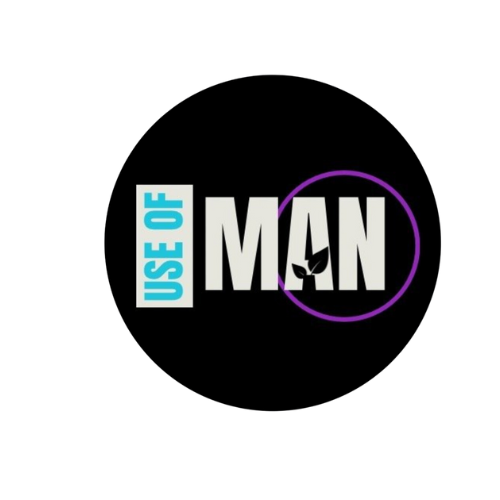The Roots and Evolution of Reggae Dub Punk Rock
Reggae music, originating in Jamaica during the late 1960s, is deeply rooted in the cultural and social fabric of the island. It emerged from earlier styles such as ska and rocksteady, and is characterized by its offbeat rhythms, known as the “skank,” and its emphasis on bass and drums. Reggae’s cultural significance extends beyond its musical attributes; it has been a powerful vehicle for expressing social and political messages, often addressing themes of resistance, freedom, and spirituality. Pioneering artists like Bob Marley, Peter Tosh, and Jimmy Cliff played pivotal roles in popularizing reggae on a global scale.
The 1970s saw the advent of dub music, an offshoot of reggae known for its innovative use of remixing techniques. Dub artists like King Tubby and Lee “Scratch” Perry began to manipulate existing reggae tracks by stripping away vocals and adding echo, reverb, and other sound effects. This genre’s emphasis on instrumental experimentation and its transformative approach to sound paved the way for future musical innovations. Dub’s influence extended far beyond Jamaica, inspiring electronic and dance music genres worldwide.
Parallel to these developments, punk rock emerged in the mid-1970s as a raw, aggressive counterculture movement. Originating in the United States and the United Kingdom, punk rock was a reaction against the perceived excesses of mainstream rock music. Its fast-paced, stripped-down sound, combined with its DIY ethos and rebellious spirit, quickly gained a dedicated following. Bands like The Ramones, The Sex Pistols, and The Clash became iconic figures within the punk rock scene.
The convergence of reggae, dub, and punk rock gave birth to the unique fusion known as reggae dub punk rock. This hybrid genre blended the rhythmic grooves and social consciousness of reggae, the sonic experimentation of dub, and the raw energy and defiance of punk rock. Influential bands such as The Clash, who seamlessly incorporated reggae and dub elements into their punk sound, and Bad Brains, who combined punk’s intensity with reggae’s rhythm, were instrumental in shaping and popularizing this genre. These pioneering artists and bands contributed significantly to the evolution of reggae dub punk rock, creating a dynamic and innovative auditory experience that continues to resonate with audiences today.
The Unique Sound and Cultural Impact of Reggae Dub Punk Rock
Reggae dub punk rock is a genre that stands out due to its eclectic mix of sonic elements and its deep cultural roots. At its core, the genre melds the rhythmic basslines and offbeat guitar strums of reggae with the raw energy and distorted riffs of punk rock. The use of synthesizers and electronic effects borrowed from dub further enriches the sound, creating an auditory experience that is both dynamic and layered.
The typical instrumentation in reggae dub punk rock includes bass, drums, guitars, and synthesizers. The bass often takes center stage, providing a deep, resonant foundation that drives the music forward. Drums are used not just to keep time but to add texture, often employing techniques like rimshots and syncopation. Guitars, both electric and acoustic, are manipulated with effects like reverb and delay to create a spacey, echo-laden sound. Synthesizers and electronic effects from dub music are used to enhance the atmosphere, adding layers of sound that can range from subtle to psychedelic.
Lyrically, reggae dub punk rock often tackles social and political issues, reflecting the genre’s roots in both reggae’s messages of resistance and punk’s ethos of rebellion. Themes of personal freedom, cultural identity, and social justice are common, making the genre not just a musical style but a form of cultural commentary. Songs frequently address topics such as systemic oppression, personal liberation, and the quest for social change.
The cultural impact of reggae dub punk rock is significant, influencing a wide range of artists and genres. Bands like The Clash and Sublime have incorporated elements of reggae dub punk rock into their music, helping to bring the genre to a broader audience. Iconic albums such as The Clash’s “London Calling” and Sublime’s self-titled album serve as prime examples of the genre’s lasting influence. These works not only exemplify the sound but also carry forward the genre’s messages of social and political awareness.
Reggae dub punk rock has left an indelible mark on popular music and continues to shape subcultures around the world. Its fusion of diverse musical elements and its commitment to addressing pressing social issues ensure that it remains a powerful and relevant force in the music industry.
